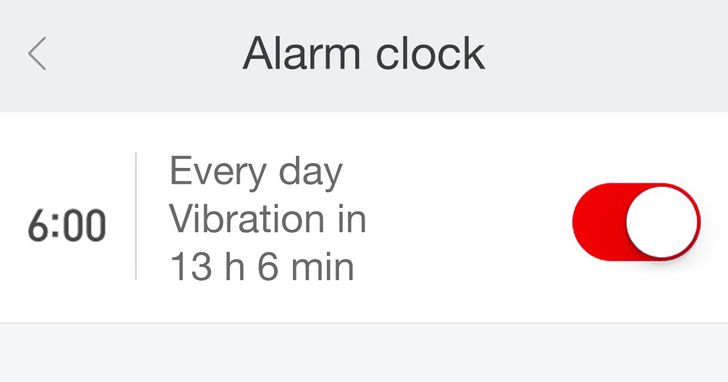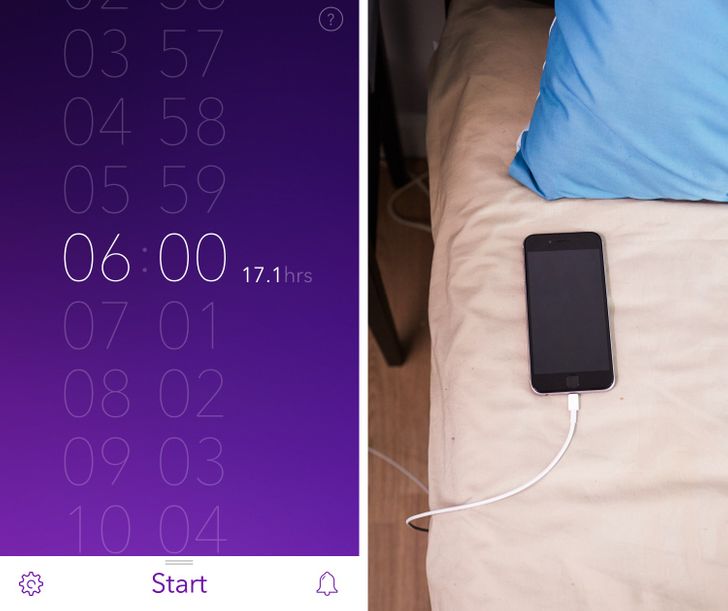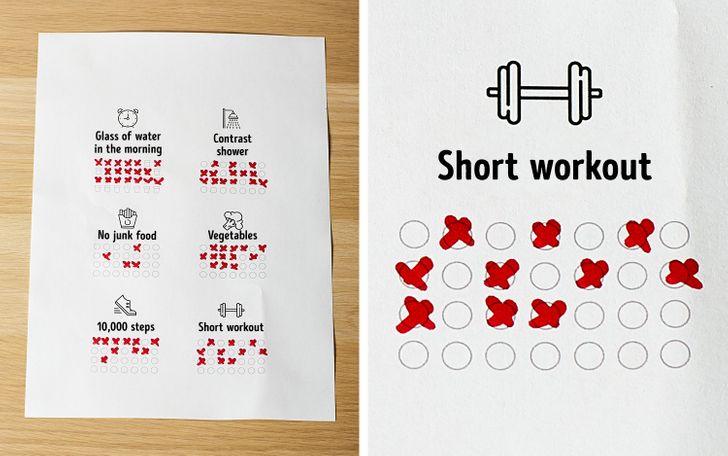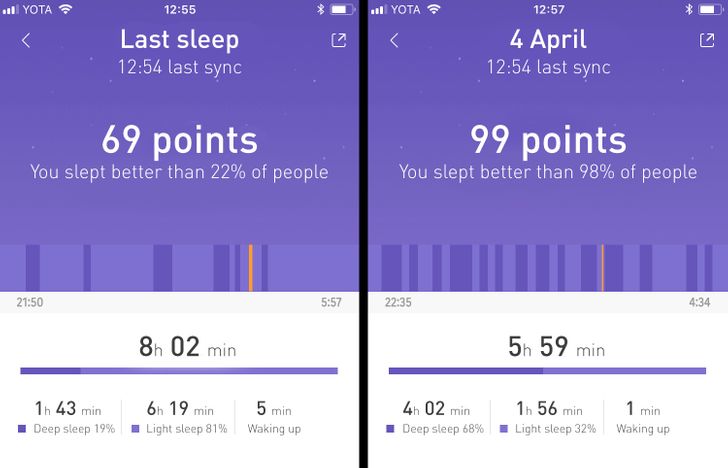In the last 6 months, I have been sleeping 3 hours less. My sleep has gotten deeper and better quality, and throughout the day I feel energized and revitalized. I’ll tell you what I had to go through to learn to get enough sleep in less time.
Like most people, I often don’t have enough free time or I waste it.
I had to get up early and sleep late. I spent the first half of the day “getting back to normal” and tried to run all my errands and chores in the second half of the day.
As a result, my body couldn’t get enough sleep, I had headaches all the time, and at night I was too exhausted to do anything else.
So I decided to correct my sleep schedule. I also wanted to discover the minimum amount of sleep I needed to feel awake and refreshed the next day.
To correct your sleep schedule, you must understand how sleep works. It is simple.

Our sleep consists of four stages: light sleep, medium sleep, deep sleep, and fast sleep.
Without going into too much detail, each step includes a very important process. But the phase most responsible for how we feel in the morning is the third phase. In this phase, the body is maintained. Toxins are removed, resources are restored, and organ functions are controlled.
The longer the third stage and the deeper the sleep; we feel better in the morning.
Two Things Are Important To Sleep Well:
Low temperature. The higher the temperature, the higher its activity. Therefore, during the day, the body temperature must be high to ensure its proper functioning. At night, it should be low for the brain to stay in a deeper sleep stage for longer.
Melatonin, the sleep hormone. It occurs when our eyes are dark. And when we are in a bright place, melatonin is destroyed. This hormone is known to be best produced between 11 p.m. and 4 a.m., so it is very important to be sleeping at that time.
I made a schedule for myself based on those rules.
Waking Up At The Same Time Every Day

If I need to wake up at 6 AM on working days, that means I have to wake up at the same time on weekends. So, I set an alarm clock for every day. I can’t turn it off until I get up.
Why? The body needs to get used to getting up at the same time and going to bed at the same time. As a result, the brain realizes that there are several hours it has to restore the body’s resources.
Waking Up During The Fast Sleep Phase

It is easier and better to wake a person while they are in the fast sleep stage, so it is very important to capture that moment. There are several ways to do this:
Use a smart alarm app. There are many applications like this. I tried Pillow and SmartAlarm. These apps are quite accurate, but they aren’t always convenient because you need to keep your phone on the bed to allow it to track your movements and sleep data.
Wake up at the same time every day. If it is easier for you to wake up at 6:20 am than at 6:00 am, it means that at 6:20 am you are in the fast sleep stage. You can simply try setting your alarm at a different time each day. However, if you wake up at the same time every day, your brain will get used to it and understand that you should be in the fast sleep stage by 6:00 AM.
Wear a smart alarm bracelet. Fitness bracelets are cheap, accurate, and wake you up with a slight vibration.
Exercising In The Morning And Doing Physical Activity During The Day

Exercise increases body temperature and efficiency.
In the morning, any physical exercise seems impossible to do. For a while, I had to force myself to do this, but soon my body got used to it. It is important to do exercises that make you sweat, such as abs, pull-ups, and push-ups. Do everything quickly for 10-15 minutes.
You should also do some physical exercise during the day. I found that exercising less than 3 hours before bed disturbs sleep, so it is best to do some physical activity during the day to increase body temperature and increase heart rate.
The Results

When I disrupted sleep or followed every step, I noticed changes in the stages of sleep. I marked how I felt and how productive I was the next day.
I compared the number of stages of my sleep before and after the experiment. The number of stages of deep sleep has doubled. Its frequency has also increased.
As a result, I achieved my goal and decreased my sleep time from 8-9 hours to 5-6 hours. I get less tired, feel good and think better all day.
Keep in mind:
I am not a doctor. If you decide to make a change in your sleeping habits, it is best to consult a doctor.
A specialist will tell you if it is safe to do so and can tell you the best way to fix your problem.
Let us know in the comment section below if you tried this method and what your results were!


